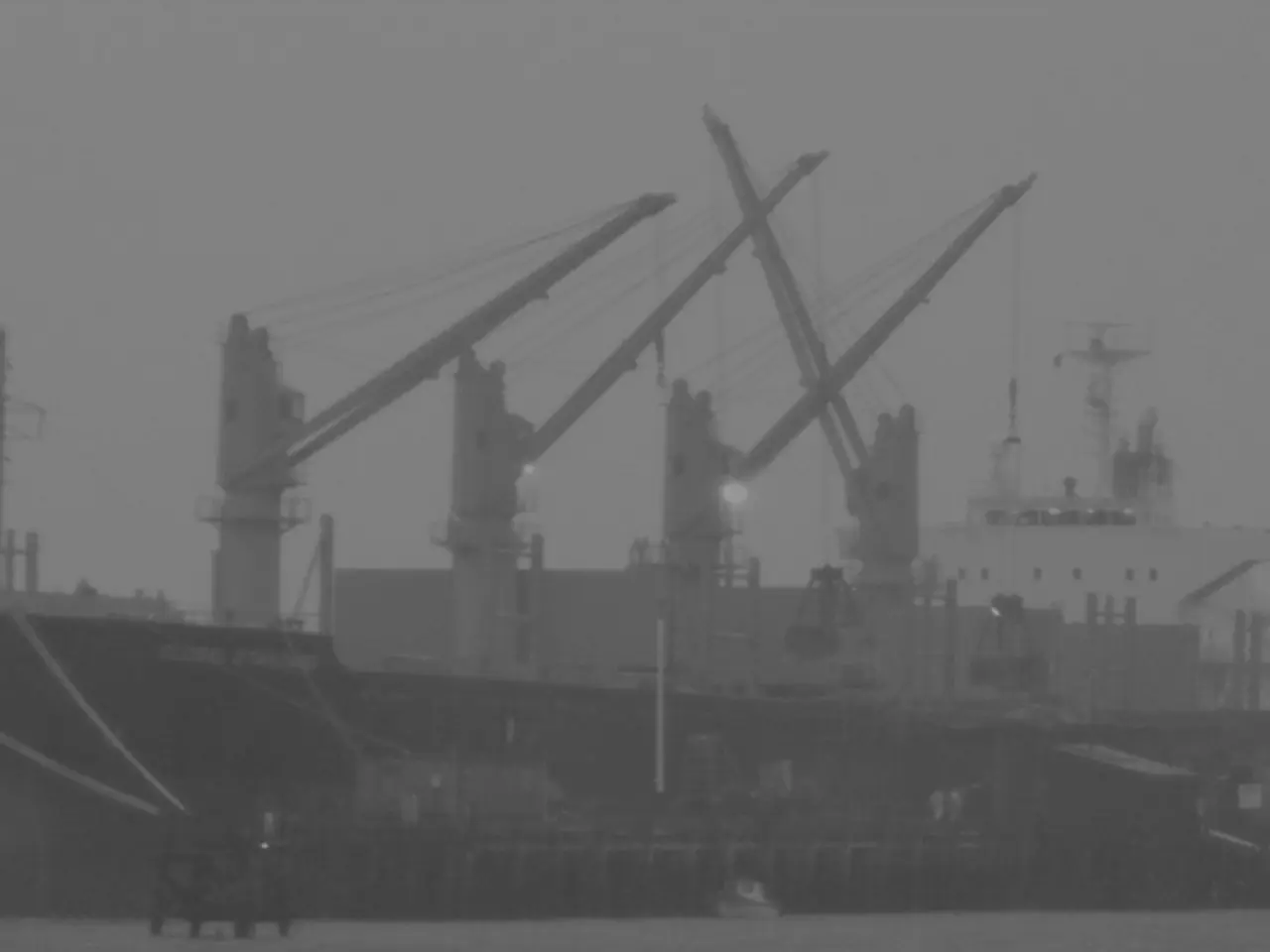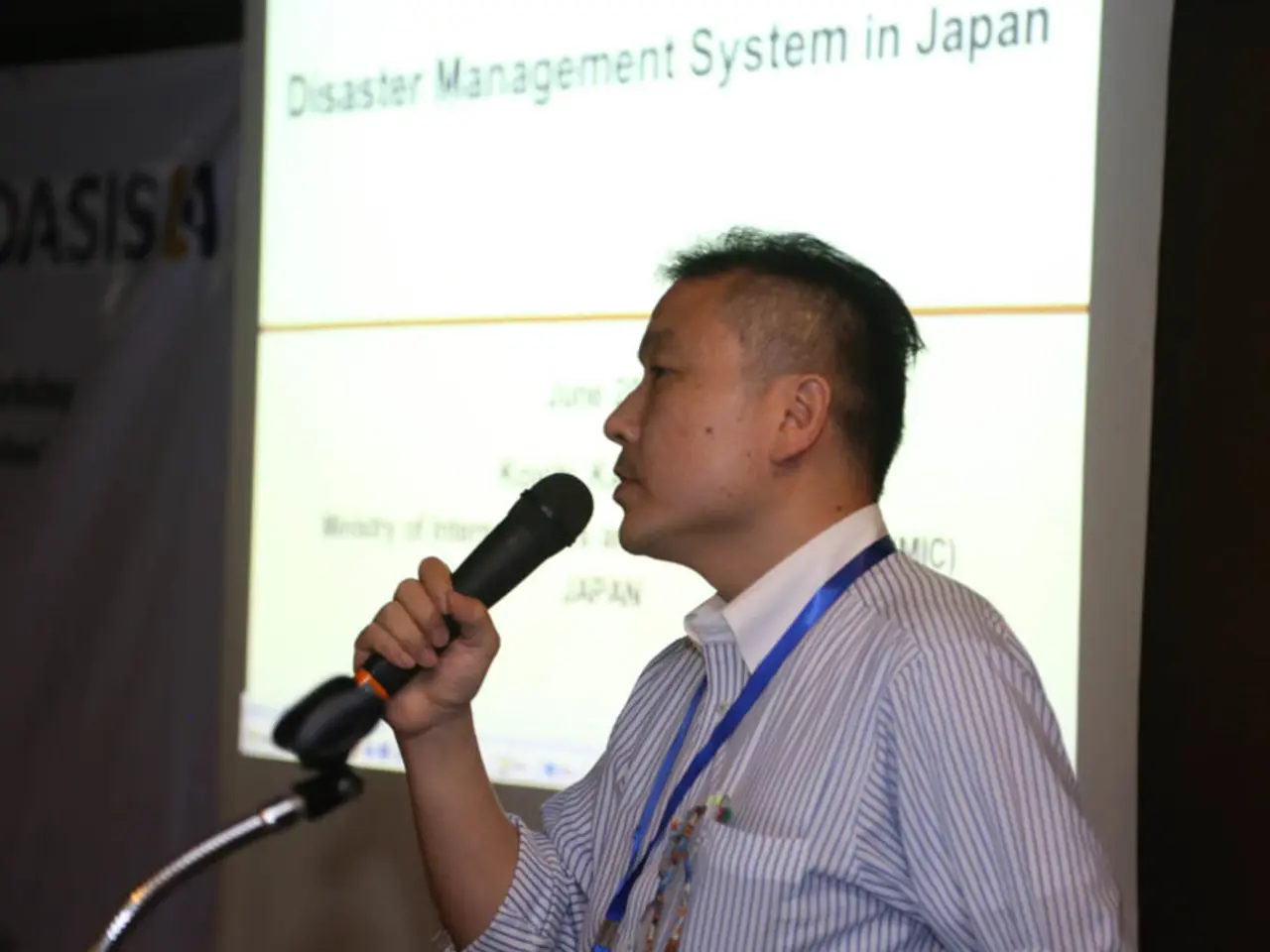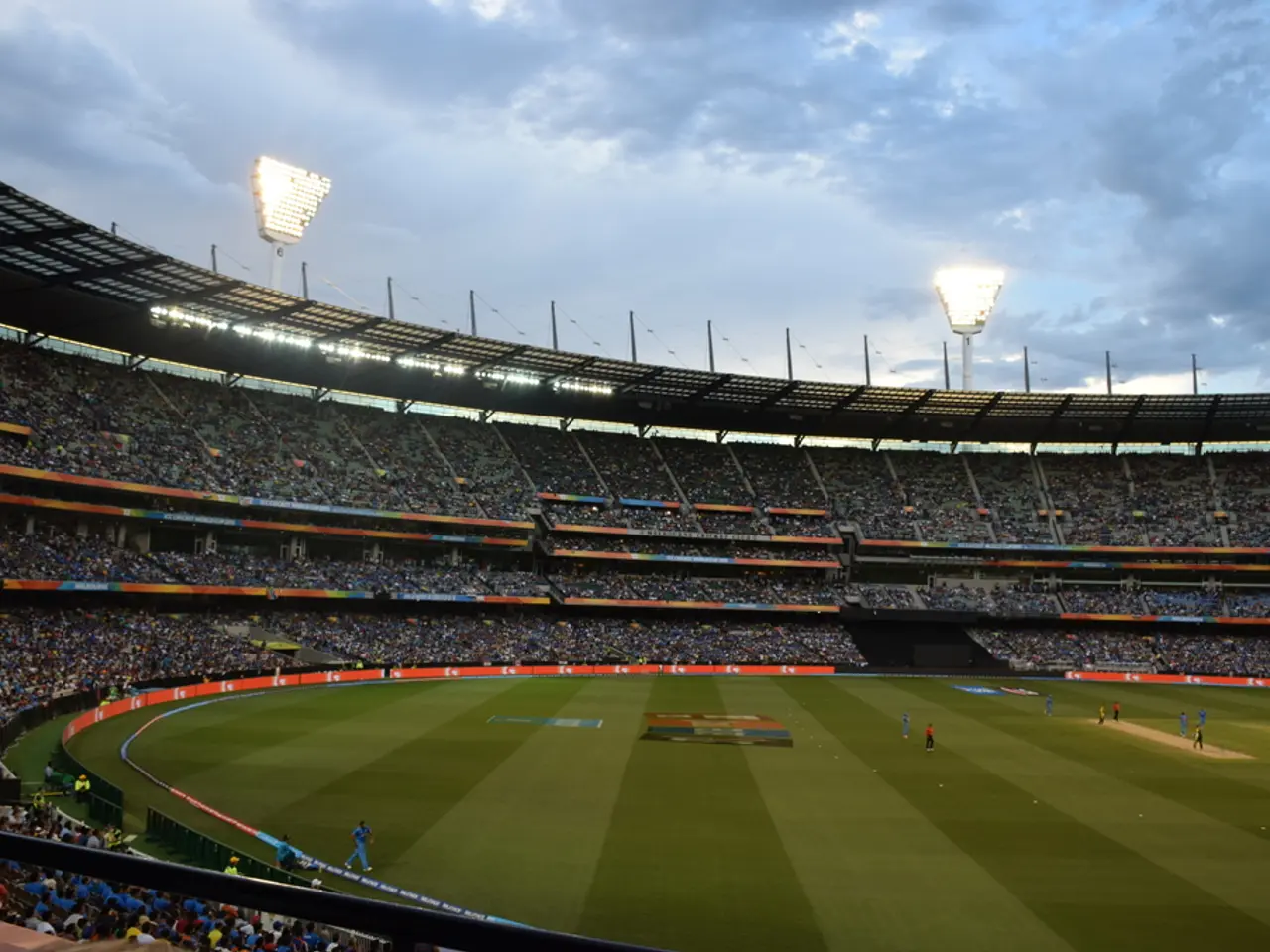Military route expanded in southern Gaza by Israeli forces
On July 16, 2025, the Israeli army announced the establishment of the Magen Oz corridor in southern Gaza, specifically bisecting Khan Younis, the second-largest city in the Gaza Strip. The corridor, approximately 15 kilometers long, runs north-south, effectively separating eastern and western Khan Younis. This is the fourth such corridor created by the Israeli military since the start of the current conflict in October 2023, following the Netzarim, Philadelphi, and Morag corridors.
The Magen Oz corridor adjoins the existing Morag zone—which already divided Khan Younis from Rafah—further segmenting Gaza into smaller, isolated areas under Israeli military control. The creation of the corridor involved wide-scale demolitions, clearing buildings and farmland to form a “security” zone and displacing residents from multiple neighborhoods in Khan Younis prior to its establishment.
The establishment of the corridor was preceded by widespread military displacement orders, forcing residents out of their homes and compounding an already severe humanitarian crisis. Gaza’s population has endured relentless bombardment, leading to nearly 58,500 Palestinian deaths (mostly women and children), massive destruction, food shortages, and disease outbreaks since October 2023. The new corridor intensifies these hardships by further restricting movement, fragmenting communities, and limiting access to essential services.
Defense Minister Israel Katz has proposed relocating all Gazans into a "humanitarian city" in Rafah, the southernmost city in Gaza. If executed, this plan would drastically alter the demographic structure of the Gaza Strip. The Magen Oz corridor, along with the other axes, effectively divides Gaza into smaller, more controllable sectors, making the movement of people and goods increasingly difficult and complicating any future reconstruction or humanitarian efforts.
The Israeli military claims the corridor is intended to increase pressure on Hamas, specifically targeting the Khan Younis brigade of the Qassam Brigades. It is also seen as a strategic move to expand Israeli control over Gaza, with Prime Minister Benjamin Netanyahu using these corridors as leverage in ceasefire negotiations. Notably, a key point of contention in current truce talks is Israel’s insistence on maintaining these corridors, while Hamas demands a full withdrawal of Israeli forces from Gaza.
The aid distribution centre incident occurred in the southern Gaza city of Khan Younis, resulting in the deaths of 21 Palestinians due to a gas-related crowd crush. Large numbers of civilians in the Gaza Strip are sheltering in the south after being displaced from the north and centre. The "emigration plan" is to be enacted after the population has been relocated, though specific details about the plan are not clear.
The long-term implications for Gaza’s stability, reconstruction, and the prospects for peace remain deeply uncertain. The Magen Oz corridor represents a significant escalation in the militarization and fragmentation of Gaza, with immediate consequences for the civilian population—including further displacement, restricted movement, and exacerbated humanitarian suffering. Its establishment is also a strategic and political move, complicating ceasefire negotiations and reinforcing Israel’s control over the territory.
- The creation of the Magen Oz corridor, which is strategically placed adjacent to the Morag zone and further bisecting Khan Younis, has intensified general-news issues in Gaza by dividing it into smaller, isolated areas under Israeli military control, restricting movement, and limiting access to essential services.
- In the context of war-and-conflicts, the Israeli military's proposal to relocate all Gazans into a "humanitarian city" in Rafah reflects a political stance aimed at altering the demographic structure of the Gaza Strip, making the movement of people and goods increasingly difficult and complicating any future reconstruction or humanitarian efforts.
- The establishment of the Magen Oz corridor, amidst ongoing news about war-and-conflicts, politics, and a severe humanitarian crisis in Gaza, has raised concerns about health implications, particularly concerning further displacement, restricted movement, and exacerbated humanitarian suffering in the region.








